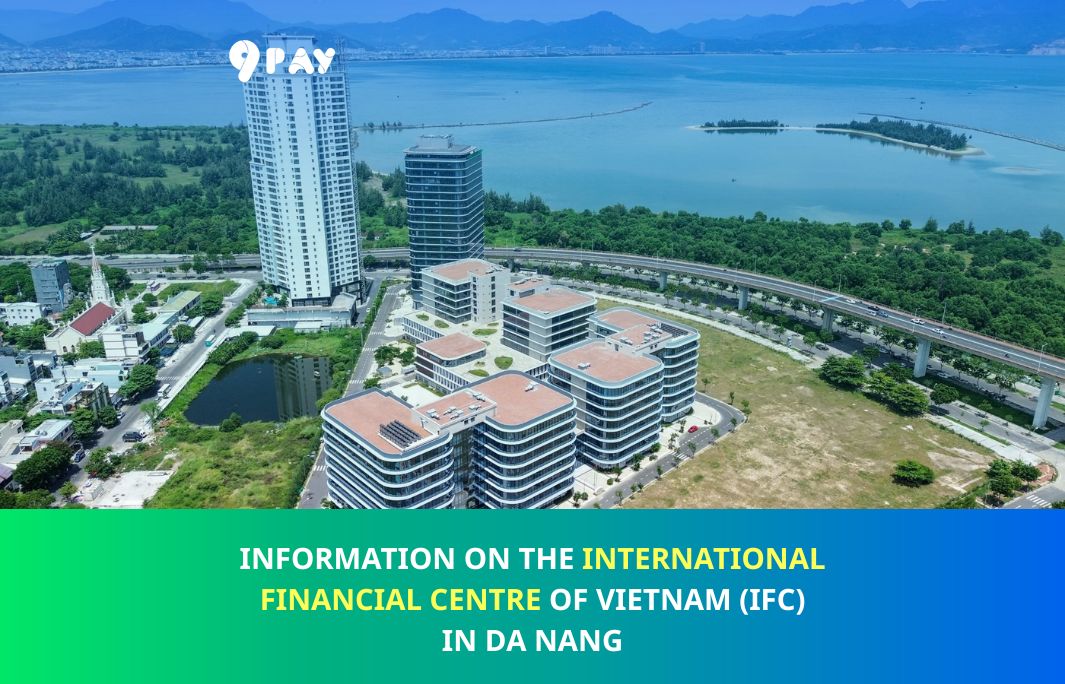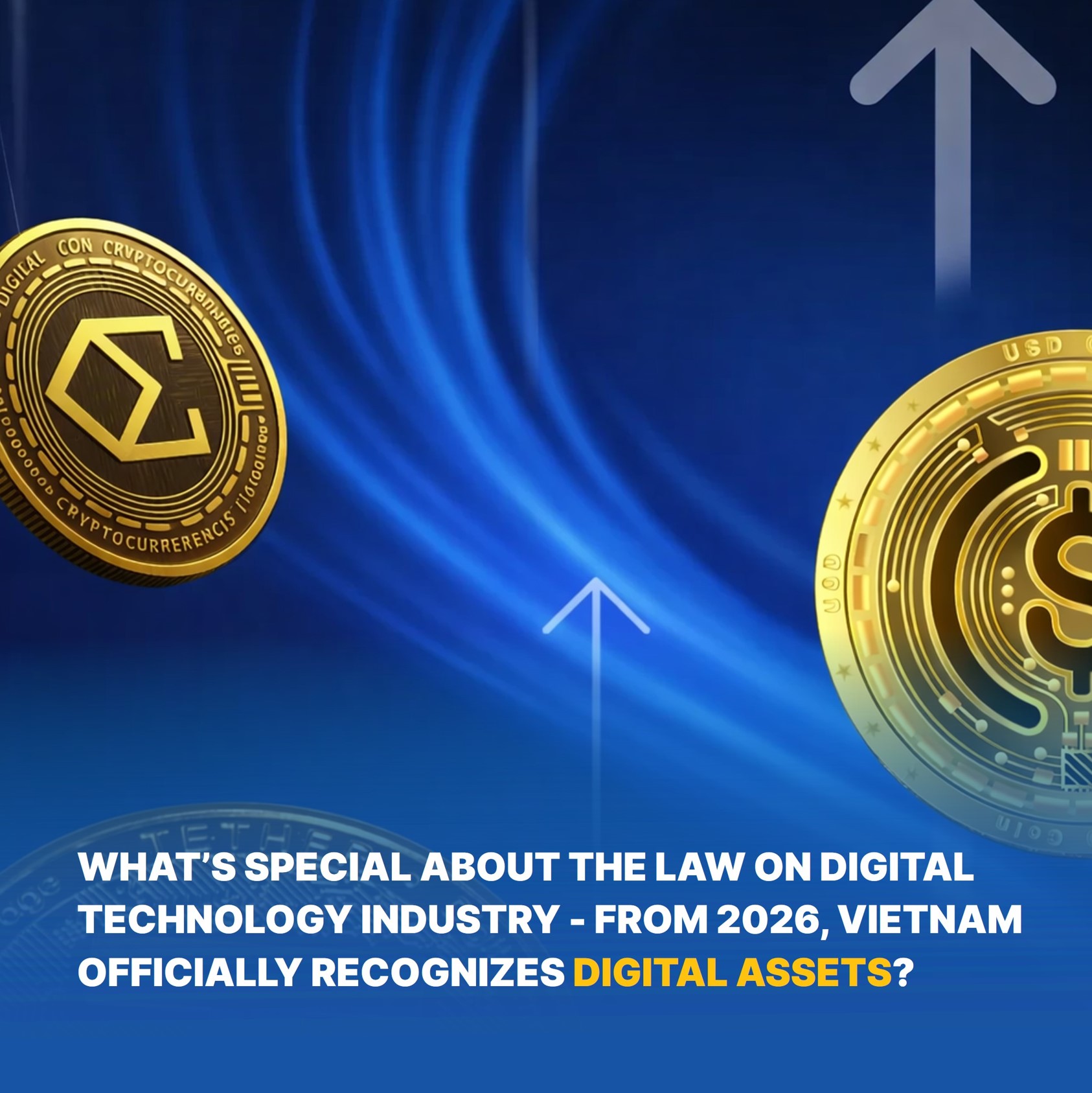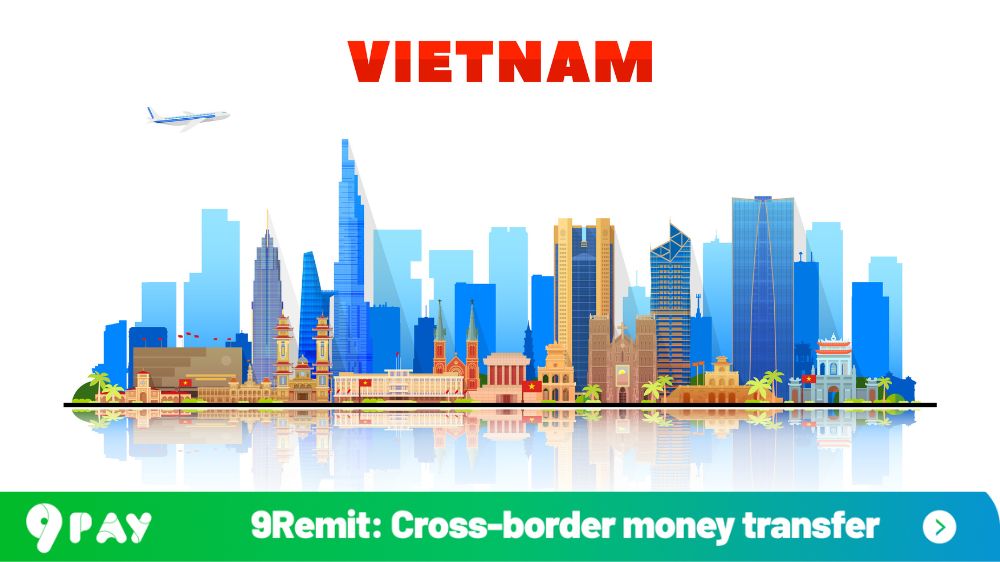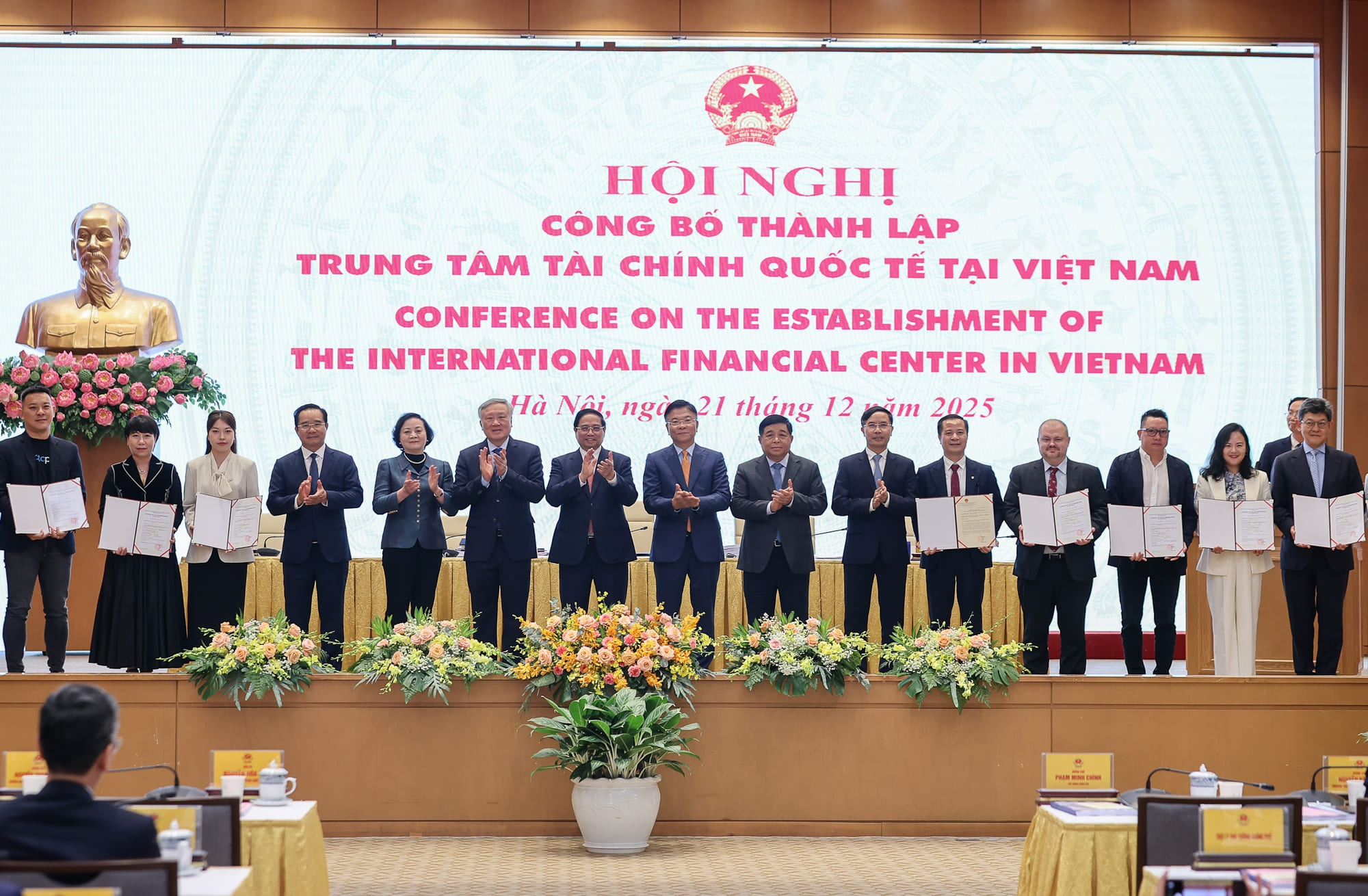What is remittance? Meaning, Types, and How it works
For anyone interested in payment solutions, digital payments, and cross-border finance, understanding remittance is key.
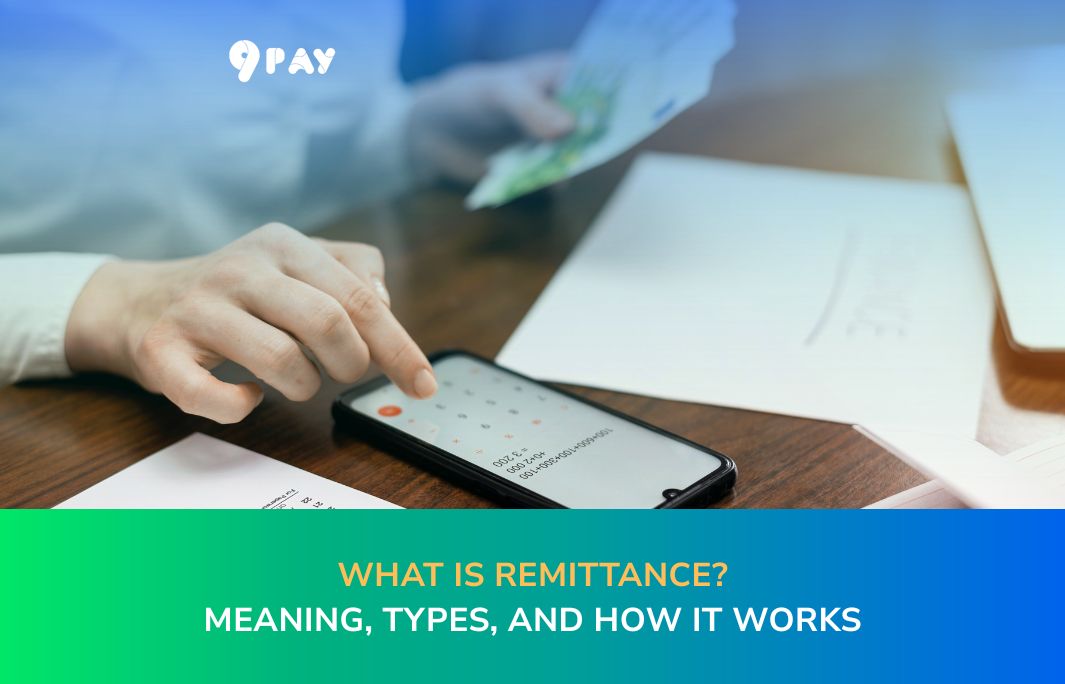
Remittances play a crucial role in connecting economies, supporting families, and enabling financial growth across borders. As the global economy becomes more digitized, the demand for fast, secure, and low-cost remittance services continues to rise.
1. What is Remittance?
Remittance refers to the transfer of money by foreign workers, diaspora communities, or citizens living abroad back to their home countries, typically to support family members or for household income. These transfers are vital for millions of households globally, providing support for daily living, education, healthcare, and investments.
Essentially, it's the act of sending money from one party to another, often across international borders, for specific purposes like family support, investment, or trade.
In the context of global finance, remittances represent a significant portion of income for many developing economies, often surpassing foreign direct investment or official development aid.
2. Different types of remittance
Remittances can be classified into several types based on purpose, sender/recipient, method and direction of transfer:
Personal Remittances: This is the most common form, a form of money transfer between individuals, usually from foreign workers sending money back to their families. They are typically used for daily expenses, education, medical needs, or small investments.
Business Remittances: Is the transfer of money between businesses, often used in import-export transactions or international service payments. Companies may send remittances to pay for goods and services from international suppliers, disburse salaries to overseas employees, or manage operational funds in different countries. For instance, a business in Vietnam transferring funds to a supplier in HongKong.
Inward Remittances: Money flowing into a country from abroad.
Outward Remittances: Money sent from a resident of one country to another country, often by migrant workers or expatriates.
In terms of method, remittances can be sent via:
Bank Transfers: Traditional method, often reliable but can be slower and more expensive.
Money Transfer Operators (MTOs): Companies like Western Union or MoneyGram specialize in quick cash-based transfers, though often at higher fees.
Digital Remittance Platforms/Fintech Companies: Online payment platforms or fintech companies (like 9Pay) leverage technology to offer faster, cheaper, and more convenient transfers directly to bank accounts or mobile wallets.
Informal Channels: Individual money transfer units or agents are unregulated, often risky and discouraged due to lack of security and transparency.
3. How does remittance work?
The remittance process generally involves the following steps:
- Step 1. Initiation: The sender chooses a remittance service provider (bank, fintech platform, or money transfer service) and initiates the transaction.
- Step 2. Verification and payment: The sender’s identity and compliance with regulatory requirements (such as anti-money laundering laws) are verified. The sender then pays the service provider the amount to be transferred, plus service fees and currency conversion fees.
- Step 3. Processing: The remittance is processed through secure financial networks such as international banking networks, SWIFT systems, or digital remittance platforms.
- Step 4. Currency Conversion: For international transfers, the amount is converted into the recipient’s local currency at prevailing exchange rates.
- Step 5. Delivery: The recipient receives the funds either in their bank account, mobile wallet, or as cash at designated pickup points.
- Step 6. Notification: Both sender and recipient are usually notified of the transaction status for transparency and tracking
4. The importance of remittance in the Global economy
Remittances are the lifeblood of many developing countries, often accounting for a significant proportion of GDP, sometimes exceeding 10% or even a third in exceptional cases.
According to the World Bank, global remittance flows exceeded $600 billion in 2023, with countries like India, Mexico, the Philippines, and Vietnam being major recipients.
Remittances play a vital role in the global economy, with key impacts including:
- Providing stable income during economic crises or natural disasters.
- Supporting household consumption and investment in education and healthcare.
- Stimulate the local economy through increased purchasing power, leading to job creation and economic growth.
- Facilitating financial inclusion by encouraging the use of formal banking and digital payment systems, especially the unbanked population.
- Foreign exchange inflows strengthen local currencies and boost national reserves.
5. The role of 9Pay in modern remittance
As a leading fintech company in Vietnam, 9Pay is strongly participating in the global payment trend by providing the 9Remit solution. This is a safe and cost-effective international payment solution suitable for cross-border transactions.
Recognized for its innovation, modernity, user-friendly experience and compliance with international payment regulations, 9Pay's 9Remit solution can significantly simplify cross-border payments, ensuring seamless payment processes, secure cash flows for both individuals and businesses.
Hotline: 1900 88 68 32
Email: [email protected]
5.1. Advantages of 9Pay's 9Remit remittance service
Low Fees: 9Remit solution offers competitive transaction fees, significantly lower than traditional banks and money transfer companies, making it affordable for frequent transfers.
Transparent Exchange Rates: 9Pay offers real-time, competitive exchange rates, ensuring recipients get maximum value from the money sent.
Fast Delivery: Leveraging advanced technology and strong partnerships, 9Pay enables near-instantaneous transfers, allowing recipients to access funds quickly.
Strong Customer Support: Dedicated support teams assist users throughout the transfer process, ensuring a smooth and reliable experience.
Compliance and Security: 9Pay adheres to strict regulatory standards and employs robust encryption, fraud detection, and authentication measures to safeguard transactions and personal data.
Final thoughts
Remittances play a crucial role in connecting economies, supporting families, and enabling financial growth across borders. As the global economy becomes more digitized, the demand for fast, secure, and low-cost remittance services continues to rise.
By seamlessly integrating with overseas remittance companies and providing multiple payment options, including bank transfers, domestic ATM cards or mobile wallet deposits, 9Pay meets the diverse needs of overseas Vietnamese and other international users who want to send money to Vietnam.




